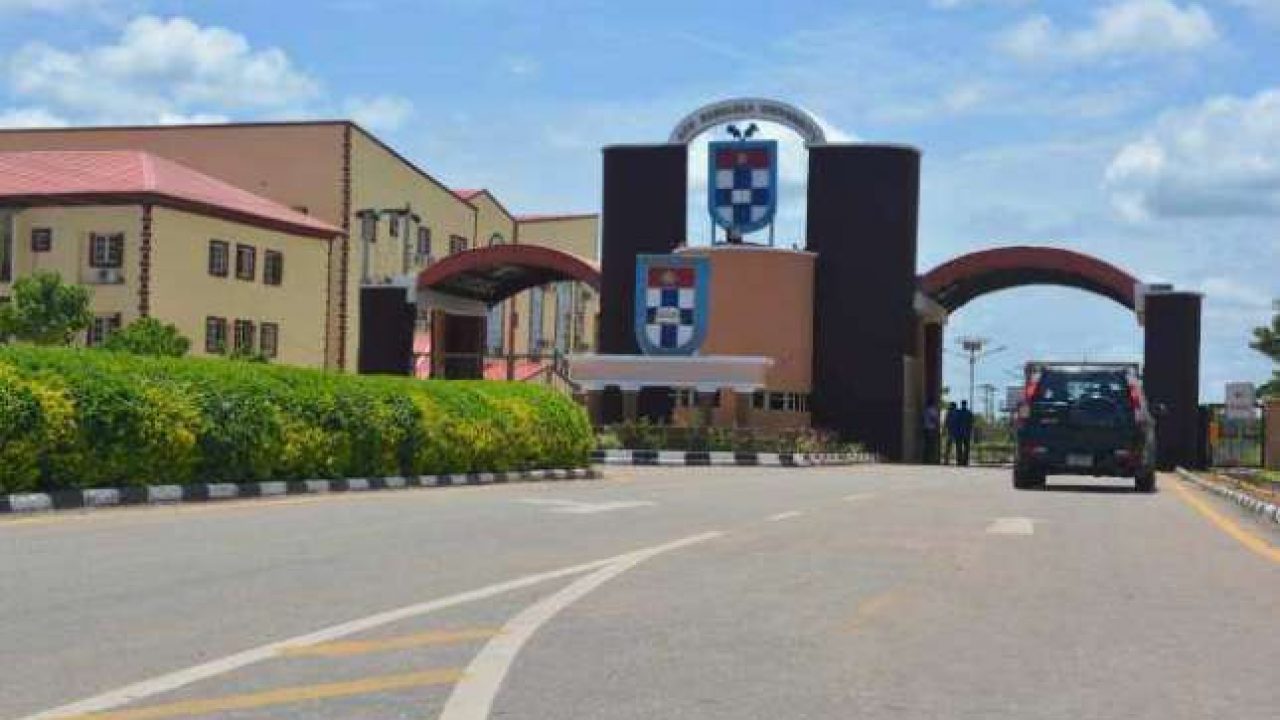An investment in expertise pays the very best interest. The relevance of education to a nation can not be over emphasized, in many parts of the globe education is considered as a fundamental human right. Education is just one of the standard criteria to measure the development and growth of any nation.
Sadly the level, quality and criterion of education in Nigeria has seen a geometric decrease in the past 20 years and this regrettable pattern has actually made Nigeria the top native land of students from Africa migrating to other parts of the globe in search of top quality education.
This fall in standard has actually been attributed to a variety of factors which will be duly highlighted in this short article. Out of the many issues facing education and learning in Nigeria, the following are the significant difficulties:
1. POOR FINANCING
Education and learning in Nigeria is looked after by the Ministry Of Education. Regional authorities take duty for implementing policy for state-controlled public education and state colleges at a regional level. This makes funding of education primarily a governmental event.
As a result of the lengthy existing high degree of corruption in all levels of federal government, education and learning in Nigeria has actually constantly endured inappropriate funding which has actually led to inadequate infrastructure, absence of great mentor aids, and non repayment of instructors allowances.Join Us cnbcafrica.com/2019/nigerias-higher-education-sector-faces-a-number-of-issues-heres-how-the-west-african-country-can-do-to-fix-it/ website
Additionally, a sharp decline in crude oil costs which is the major resource of government profits has plunged the country into an economic crisis which has actually caused extreme cuts in federal government investing, more aggravating the inadequate funding scenario of Nigerias education system. This has actually resulted in strike actions, school closure and large students demonstrations throughout the country. The monetary situation likewise dried up scholarship funds for foreign study, positioning restraints on international trainee flow from Nigeria.
2. ABSENCE OF QUALIFIED INSTRUCTORS:
In Nigeria, the bad working condition, inadequate reimbursement and allowances the instructors go through have inhibited capable and professional instructors from using up teaching work, they instead look for other far better paying jobs than training, while the few teachers who have used up the training career did so due to lack of far better work, for this reason, their reduced degree of devotion as they are constantly on the keep an eye out for greener fields.
This directly affects outcome as the high quality of education and learning is substantially reduced by this threat.
3. LACK OF CONSTANT TRAINING FOR INSTRUCTORS:
Sufficient steps are not taken by the ministry of education to make sure that every educator goes through a constant regular training program to maintain them harmonic with contemporary practices and also assist to remodel their correlation with their pupils and the trainees guardians.
4. FAILING TO ACCOMMODATE THE RISING POPULATION DEMANDS:
The complete population of Nigeria as at self-reliance stands at 45.2 million, however this isnt the instance now as the nation has actually experienced an expensive surge in its populace. As at 2015, Nigeria s populace was approximated to be 182.2 million, this is a significant issue for the country as the education and learning system have not had the ability to completely enroll its swiftly climbing populace.
As an example, Nigerias standard education field is overloaded by strong population growth. In 2015, the nations populace under the age of 15 had to do with 44 percent. The system fails to incorporate large parts of this expanding young people populace.
According to the United Nations, 8.73 million grade school- aged children in 2010 did not take part in education and learning at all, most of which were the almajiri children. They constitute the biggest team of out-of- school children in Nigeria. These boys are sent to Quranic teachers to receive an Islamic education and learning, which includes trade or instruction training.
Some are associated with road begging. The Ministry of Education estimated that there were 9.5 million almajiri children in the north part of the nation in 2010, making Nigeria the nation with the greatest variety of out-of-school kids in the world.
The net enrollment rate at the primary degree was 63.8 percent contrasted to a global average of 88.8 percent. This low price of enrollment to fundamental education in Nigeria has actually better increased illiteracy level in Nigeria.
The nation in 2015 had a youth proficiency price of 72.8 percent and a grown-up proficiency price of 59.6 percent compared to international rates of 90.6 percent and 85.3 percent in 2010 respectively (data reported by the World Bank).
5. LOW UNIVERSITY ADMISSION CAPABILITY:
According to the data JAMB gives on its site, In 2015, just 415,500 out of 1.428,379 candidates were admitted to college.
The admission situation is just one of Nigerias greatest obstacle in higher education, because of the expanding youth populace.
Nigerias system of education presently leaves over a million certified college admission applicant without access to college education and learning on an annual basis. This has a tendency to slow down economic development as just a few educated specialists are available in the nation, it additionally causes brain drain.
6. ACADEMIC FRAUD, CORRUPTION AND INDISCIPLINE:
In Nigeria, there have been numerous records of corruption and indiscipline in Nigerias education and learning system, many specifically in the higher institutions where situations of cultism in institutions have actually gotten on the surge in addition to bribery to pass examinations.
Academic scams is native whatsoever degrees of education and learning. Various other forms of scholastic transgressions that has afflicted the Nigerian education and learning system varies from disloyalty during evaluations to a lot more significant inglorious acts such as impersonation, misstating scholastic records, paying for grades or certificates with gifts, money or sex-related favours, terrorising inspectors and assaulting invigilators e.t.c.
7. POOR STANDARD OF LIVING AND NEGATIVE ADMINISTRATION:
The concern of bad administration related to many African countries with Nigeria inclusive has likewise influenced the growth of education in Nigeria as the continous bad administration has likewise raised the degree of destitution in the nation.
Numerous impoverished moms and dads are incapable to send their wards to college as a result of the hardship and lack of ability to meet the college costs. Additionally, the government hasnt had the ability to completely provide on its guarantees of complimentary basic education and learning to its people.
8. POLITICIZATION EDUCATION:
In Nigeria, politicization of education is one more trouble. In some organizations, cases where tribal and political associations affects admission and work processes have actually been reported.
This is not a good precedence as it rejects those that are appropriately qualified job opportunity or possibility to study. These and many more are the obstacles dealing with the education system in Nigeria. The above problems if correctly tackled will assist set the Nigerian educational system on the right track.

